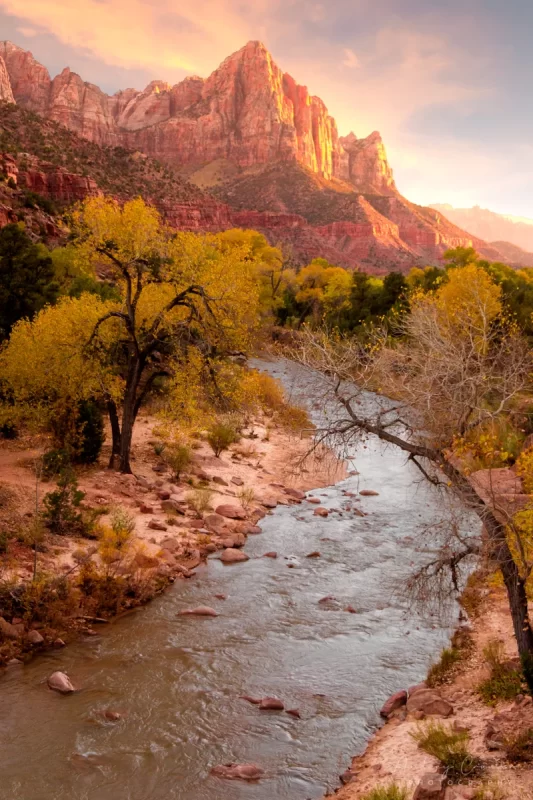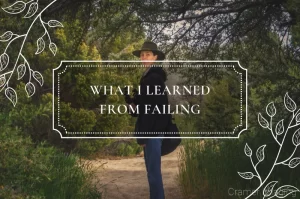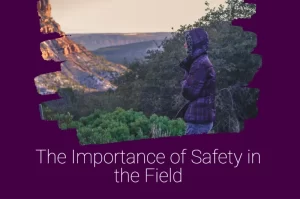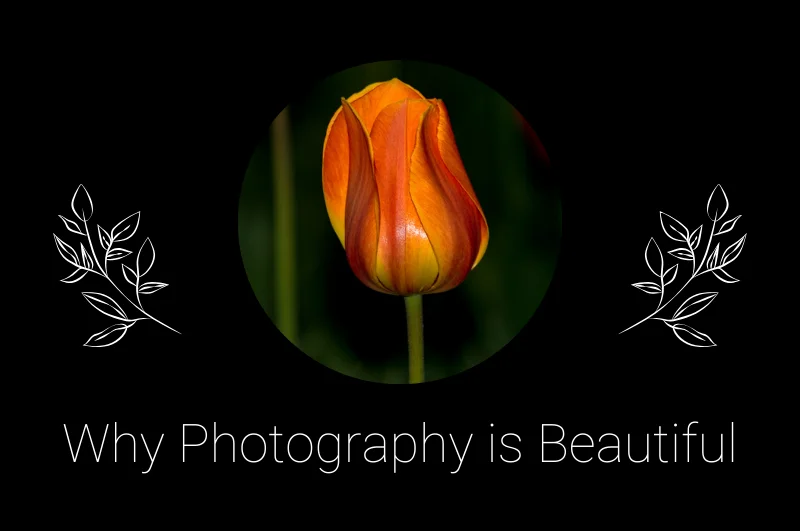“Why do I have to pay $xxxx for that photo? It’s just clicking a button on a camera. That’s way to much money for that.” Many people have this idea about photography: that’s it’s ridiculously easy so it should be dirt cheap. They don’t understand what really goes into creating a quality photo for display. Quality photography, no matter what kind, has a high price tag attached to it. There’s no denying that fact. What many people don’t seem to understand is why. Why is it so expensive just to click a shutter on a camera? There’s a lot more which goes into creating a quality image than just the shutter button. That’s what we’re discussing here today.
Abstract
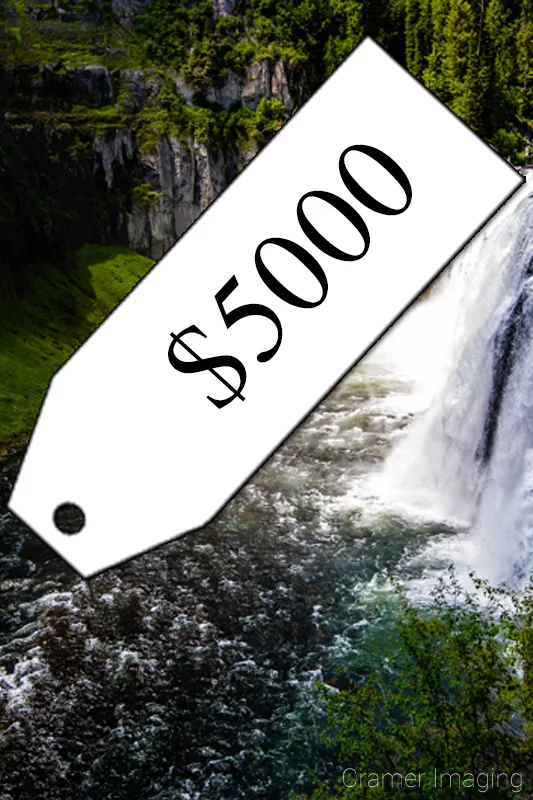
Fair warning. This article is long, detailed, and somewhat dense. There’s a lot of reasons for high price tags. If you’re not willing to devote several minutes of reading towards this article, the quick answer is that photographers invest a ton more time into learning their craft and producing a proper photograph than you could imagine. On that note, we’ll start explaining why photography is so expensive.
Professionals (those who want to live off their work not just take the occasional side job) have bills to pay and food to put on the table. If they’re smart, they build part of that overall cost into their price structure. You are paying for a portion of all of that expense in your photography purchase.
So, now we’ll discuss some of the more nitty-gritty details of why photography is so expensive.
Full Explanation of High Costs
It’s become a well established fact just how much time and study goes into becoming really proficient at something. Doctors and lawyers end up with massive student loans in order to learn how to properly treat a patient or successfully argue a case on behalf of a client. It’s a skill which takes years to acquire the intuition and knowledge base for. It’s the same in photography whether you know it or not.
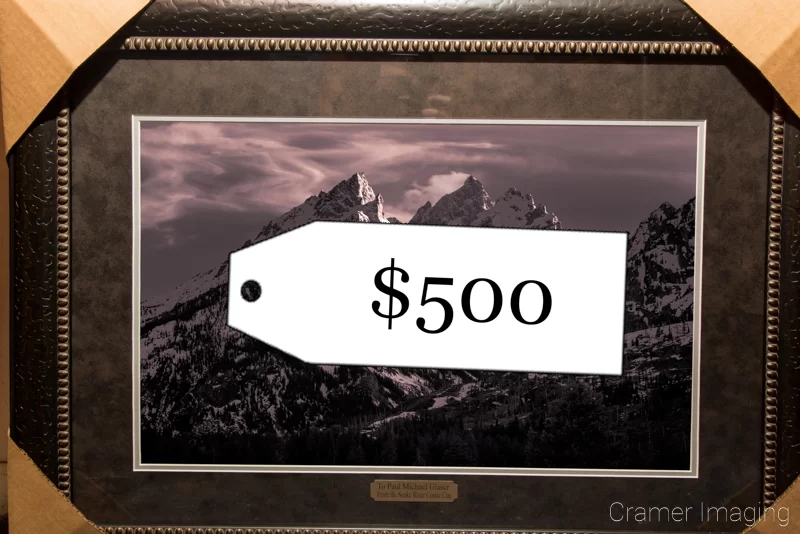
For many, photography is a fun hobby or something with which to document a family event like a birthday or family reunion. Getting the picture is just as easy as pulling out the camera, clicking the shutter, and getting the photograph printed. For those who are pursuing photography professionally, there’s a lot more to getting the photo right which takes years to learn the skill.
Learn Your Camera
It takes learning the basic functions of a camera. Most good cameras, unlike smart phones, are not all automatic. There are settings which will help you get the best photograph you can but you have to learn how to use them properly. There’s no better or faster way to learn this than by lots of experience.
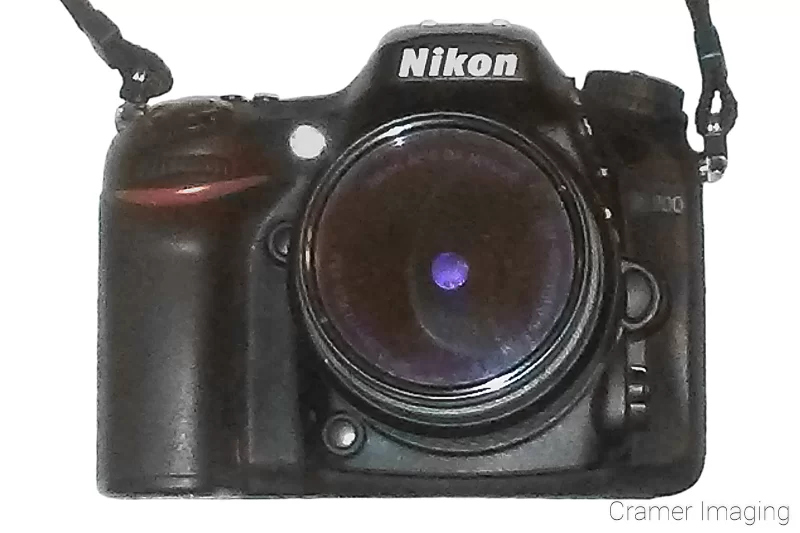
Learn Basic Composition
It also takes learning and mastering the basics of composition in an artistic sense. There’s a reason some photos look like art and some do not. It’s learning how and what to include in the frame which helps distinguish the photo art from the snapshot. This is also something which must be learned from lots of experience and practice.
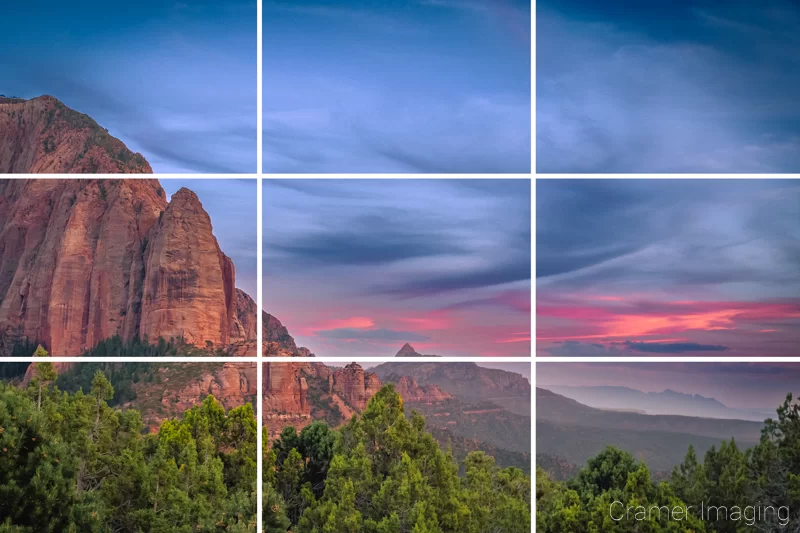
Study Light
Then there’s the study of light and how it interacts with different subjects. For those using studio lighting, it’s a controlled setting but they still need to understand how to make their subjects (people, products, etc.) look amazing. For those using natural light, you must study how the sun and moon light works. It’s different for different areas. Latitude affects things as well as weather conditions, atmospheric pollutants, seasons of the year, etc. It takes a few days of study just to learn the lighting for an area if you already know what you’re doing. If not, it will take longer.
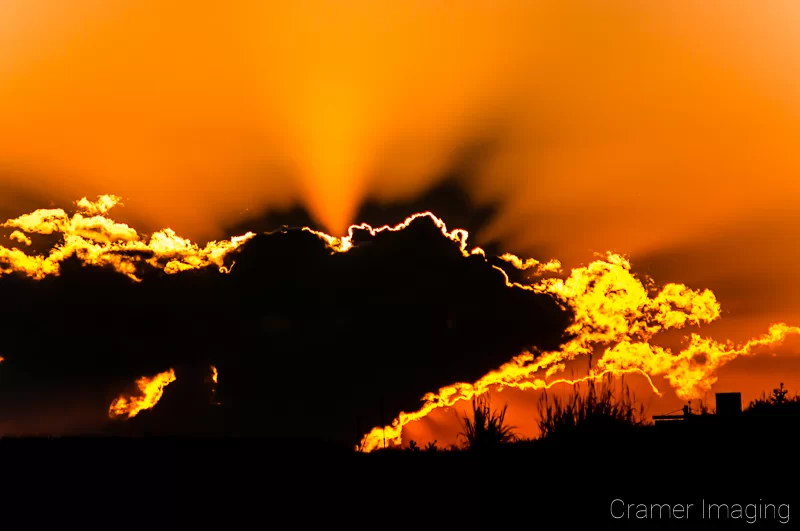
Study Posing People
For those working as wedding or portrait photographers, you must also learn the skills of posing people so that your subjects look their best in the photograph. Since people come in all kinds of shapes and sizes, posing is a skill which takes a while to learn too.
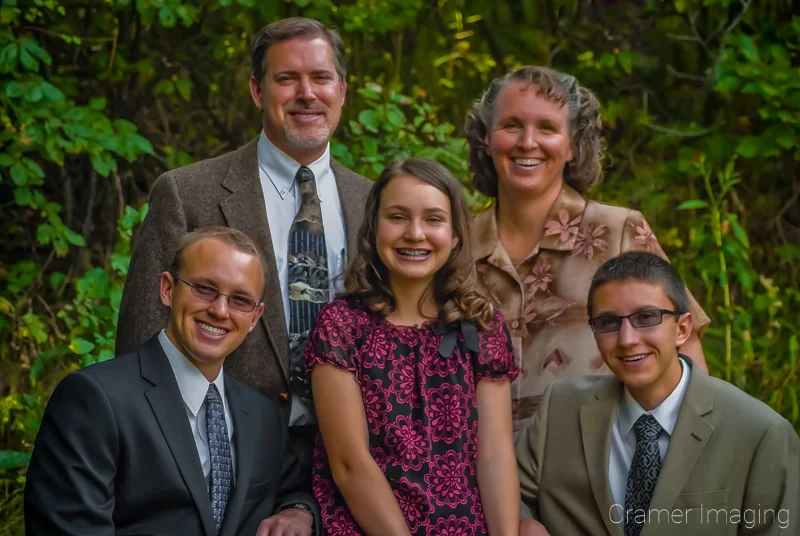
Learn Post-Processing
Then there’s the task of learning how to properly process up your photos after you’ve taken them. Since photo labs are disappearing in favor of print stations, there’s little in the way of post-processing which is done to most snapshots. With serious photography of any kind, there is a lot of processing which takes place. It’s an art to know just how to take a raw photo, not looking much like the finished product at all, and turn it into a work of art for display. Once again, lots of practice is required to learn how to do this.
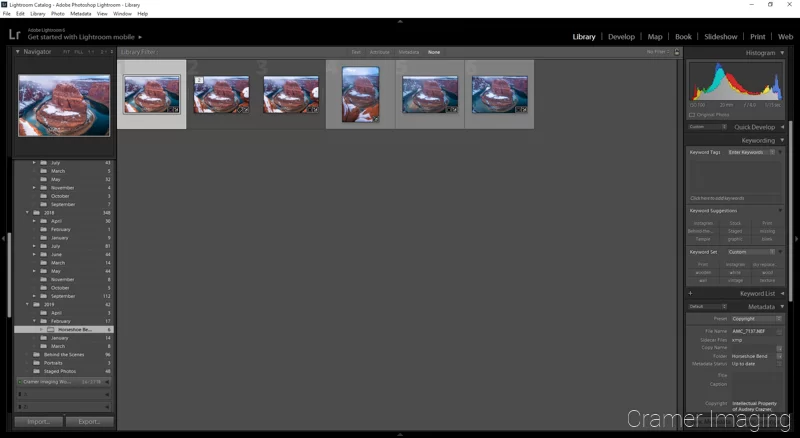
Pricing for Future Upgrades
Then there’s the fact that, if you really want good photos, the equipment you will need is not cheap. Cameras, tripods, flash units, extra lenses, etc. are expensive. Any photographer who is looking to upgrade in the future will include some of that investment into the pricing of their photography.
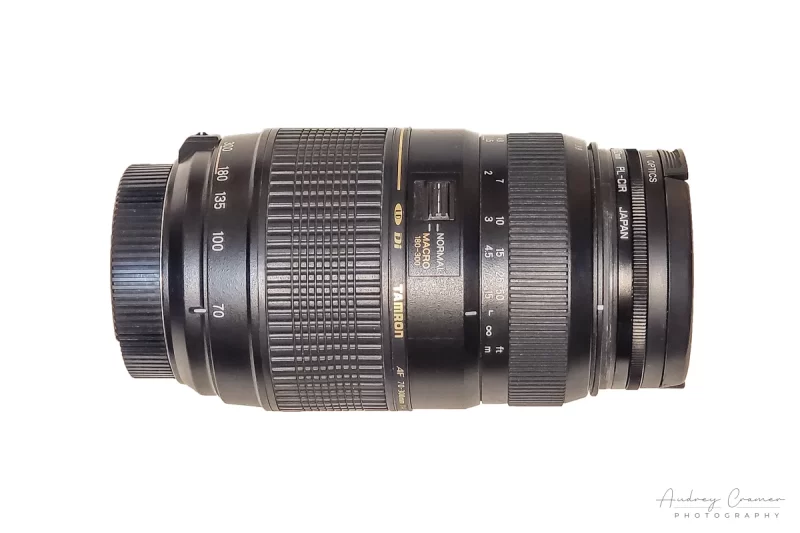
Business Expenses
There’s a lot of time and money investment which goes into creating a high quality photograph no matter what kind of photo it is. All the time and study required, not to mention travel, is enough to justify and command some higher price tags from the market.
If you would like a better idea of what kind of time and money goes into creating one of my top photos, check out the chart below for a breakdown of what it cost us to travel down to Zion’s National Park in Utah and capture this beautiful photograph displayed to the left.
Please bear in mind that it took us 2 trips into the park (taking several hundred photos each time) to capture this single image. It was the only sell-able image we obtained. For many professional landscape photographers, this is a remarkably quick result.
| Necessary Expense of Getting Photo | Cost |
|---|---|
| Gasoline (3 Tanks Full at an Average of $3.50/Gallon) | $63 |
| Hotel (3 Nights Stay at $80/Night at Cheapest Motel in Town) | $240 |
| Park Pass (7 Days Access) | $30 |
| Food for 2 People (Approximate) | $240 |
| Total Money Required (Not Including Sales Tax) | $573 |
| Hours Driving to Location | 22 |
| Hours Spent On-the-Clock Trying for a Shot | 10 |
| Total Hours Invested | 32 |
As you can see here from this chart, going on a photo expedition is far from cheap for us. We invest almost $600 and 4 days into getting a single photograph for the portfolio and this is just the bare bones of what time and expense we incurred. If we’re really lucky, we might get 2 photos for the price of 1. This chart does not include incidental expenses in time or money which sometimes come up.
With numbers like this, is it any wonder that photography is so expensive?
Conclusion
While there are other factors to the high price of quality photography (such as overhead, paying wages, and still having enough to make a profit for future growth), much of why photography is so expensive comes down to the fact that quality photography is a skill which takes years to learn how to do right. There’s so much more than just pushing a button when it comes to proper photography. It’s this behind-the-scenes work which necessitates the high price tag.
Now that you have a better understanding of why photography is so expensive, perhaps you would like to check out our online store. There are years of study which went into creating each and every picture there. Perhaps you can see these photos with new eyes.

